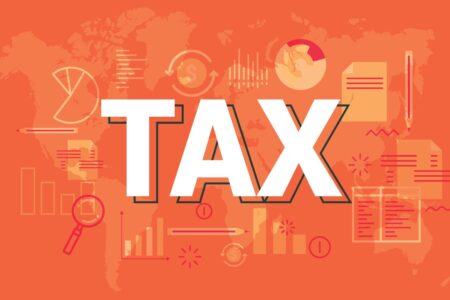Corporation tax is now 25% for profits over £250,001, with marginal rates at 26.5%. The 1.25% increase in dividend tax rates introduced last year is also still in force. These developments have led many company directors to question whether taking dividends is still more tax efficient than receiving a salary.
Whereas previously the answer has nearly always been yes (dividends are more tax-efficient than salary), the situation is now more complicated – the answer is still yes in most situations but there are now scenarios where salary is cheaper.

Some points to bear in mind first
In this article, we have tried to set out a few ‘rules of thumb’* to guide you. However, because this issue is no longer cut and dried, we strongly suggest that you ask for professional advice to ensure you make the most tax-efficient decision for your particular circumstances.
| *The examples and guidance in this article make several assumptions, the main ones being: |
| 1. The company has taxable profits at least to the level of proposed dividend/salary. 2. The taxpayer is below 66 and therefore pays employee’s national insurance. 3. The taxpayer’s other income is all salary from the company. 4. The company pays tax at the top rate of 25%. |
Tax rates
One of the reasons why this question has become so complicated is that, simply looking at the relevant tax rates, paying corporation tax at 25% and then paying the dividend tax rates, results in a total tax rate higher than the total tax cost of paying a salary, as illustrated in Example 1 here. However, for the majority of taxpayers, looking at the actual rates paid is too simplistic.

Why dividends are often still better than salary
The reason why dividends remain cheaper than salary for most taxpayers is due to the amount that is subject to income tax rates, which is around 25% less than for salary (ie, the amount assessed is after corporation tax).
Example 2 here demonstrates how a company with a taxable profit of £60,000 that pays a small salary and the balance as a dividend saves more than £6,700 in tax compared with paying the full amount as salary.

In Example 2, the business owner taking the full amount as salary is subject to higher rate tax at 40% on £3,558 of their income (ie, the amount above £50,270). However, the taxpayer taking the dividend route pays no higher rate tax on their dividend as they remain below the limit for higher rate tax.
Therefore, in most situations, despite the marginally higher rates of tax, because of the way income tax bandings work, the dividend route remains cheaper than salary until profits and dividends reach levels in excess of £521,000.
Rules of thumb
- Dividends are generally still cheaper than salary until dividends are above £521,000.
- Drawing a small salary up to the national insurance limit and taking a dividend above this level remains tax efficient for most taxpayers
When salary is cheaper than dividends
- Where business owners already have £125,140-plus of income, either from salary or another source of income (other than dividends), then a salary will generally be cheaper than a dividend (although it is marginal, at just over 1% cheaper).
- Once dividends are above £521,000, then salary becomes cheaper than dividends.
Other considerations
Although there are situations where salary is now cheaper than dividends, PAYE is payable the following month after the salary payment is made, whereas corporation tax and tax on dividends are collected much later. Therefore, the cash flow advantage or potential interest earned by paying the tax later may be sufficient to mitigate the marginal tax saving.
Summary
The difference between taking a salary and a dividend is now far more marginal than it has been historically, so before making any decisions, take advice from someone who fully understands you and your company’s tax positions. Speak with your usual Shipleys contact or one of the specialists shown on this page.
Specific advice should be obtained before taking action, or refraining from taking action, in relation to this summary. If you would like advice or further information, please speak to your usual Shipleys contact.
Copyright © Shipleys LLP 2023














